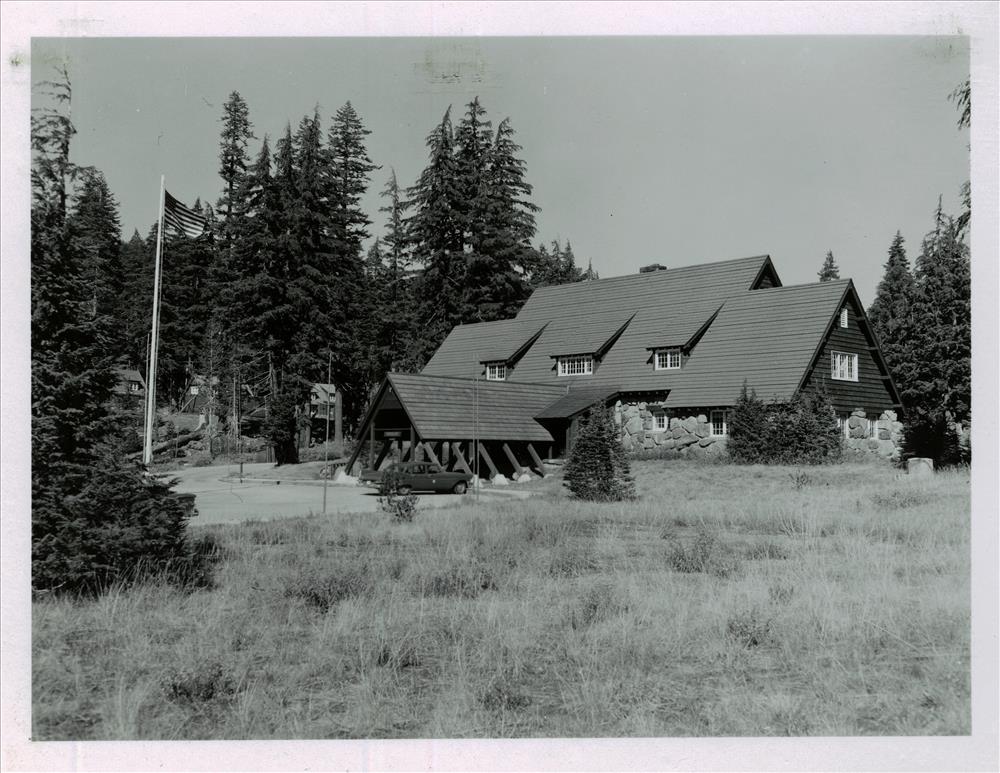So you won out!
Barbara: You’ve been vindicated!
We’re now in Section C and that has to do with your assignments in the Park Service from 1945 to 1980. We’ll start with when you left Crater Lake to go to Cape Hatteras. My first question is on how historical interpretation differs from supervising naturalists?
Well, my job was as chief park interpreter for Fort Raleigh, Wright Brothers, and Cape Hatteras National Seashore. Most of all of our employees were historians, and one naturalist. The job of supervising was about the same regardless of whether naturalists or historians. Our naturalist had a strong interest in history and several of our historians got interested in natural history.
Did you hire the same type of people that we talked about earlier? Were a lot of the seasonal naturalists grad students, or faculty or school teachers?
Not entirely. I’d say the highest level, academically, that I ran into was at Crater Lake. But, of course, at Cape Hatteras our year round staff was much larger. Seasonal staff was proportionately smaller. The interesting thing there, too, was we were more political. North Carolina politicians would make suggestions as to who we might hire as seasonals. Sometimes we got very good people out of those, sometimes we didn’t. I was not afraid to discharge one person that was unsatisfactory, though he threatened me with dire consequences.
Barbara: Through his Congressman?
Yes. Through his Congressman, absolutely.
Part two of our oral history interview with Bruce and Barbara Black on September 27, 1988, in Corvalis. We’re in Section C. We’re talking about Cape Hatteras at the end of part one.
For me as an interpreter, supervising historians didn’t really differ much from supervising naturalists because you let them do their thing and respect them for their expertise. Audit what they’re doing, of course, and encourage them.
Did they do much on the outside?
No. At least during the time I was there they did not. Our historian for Fort Raleigh was a woman who had been there for many years. She retired there and was a native of that area.


